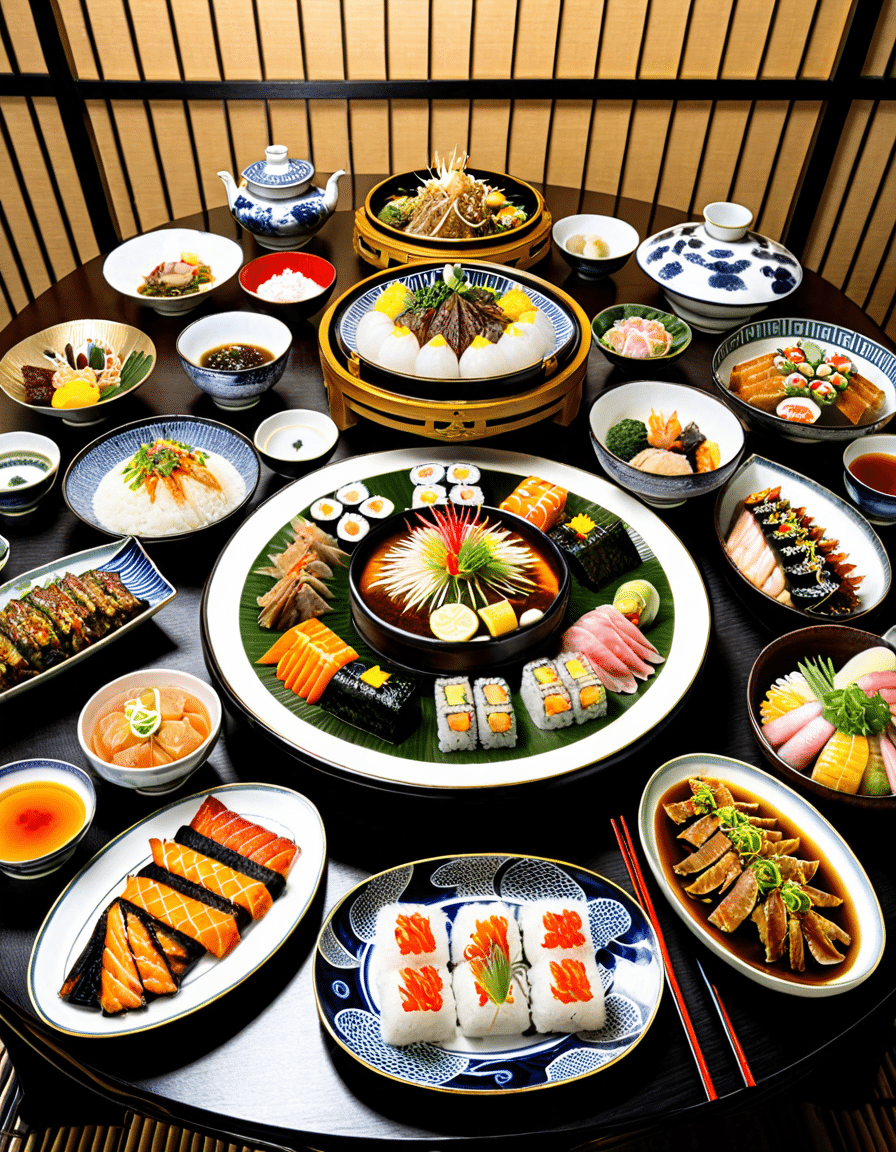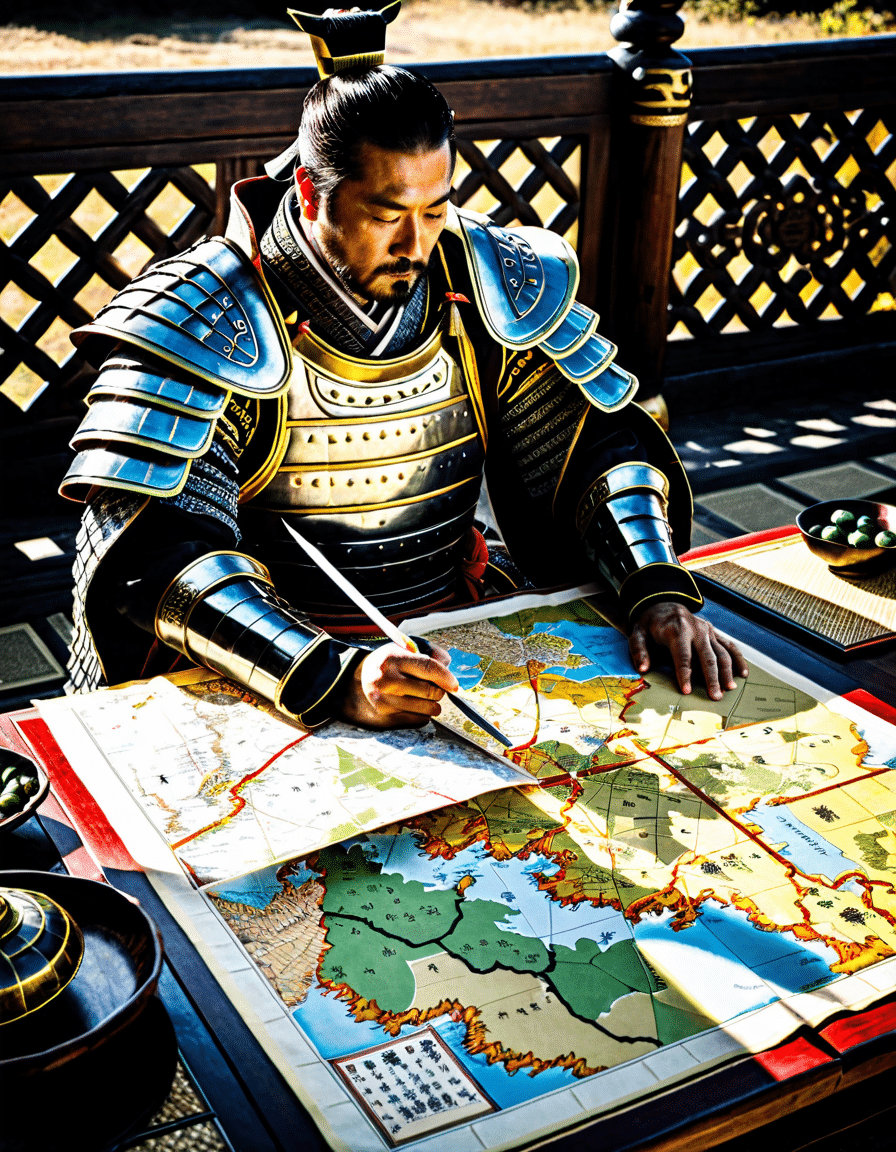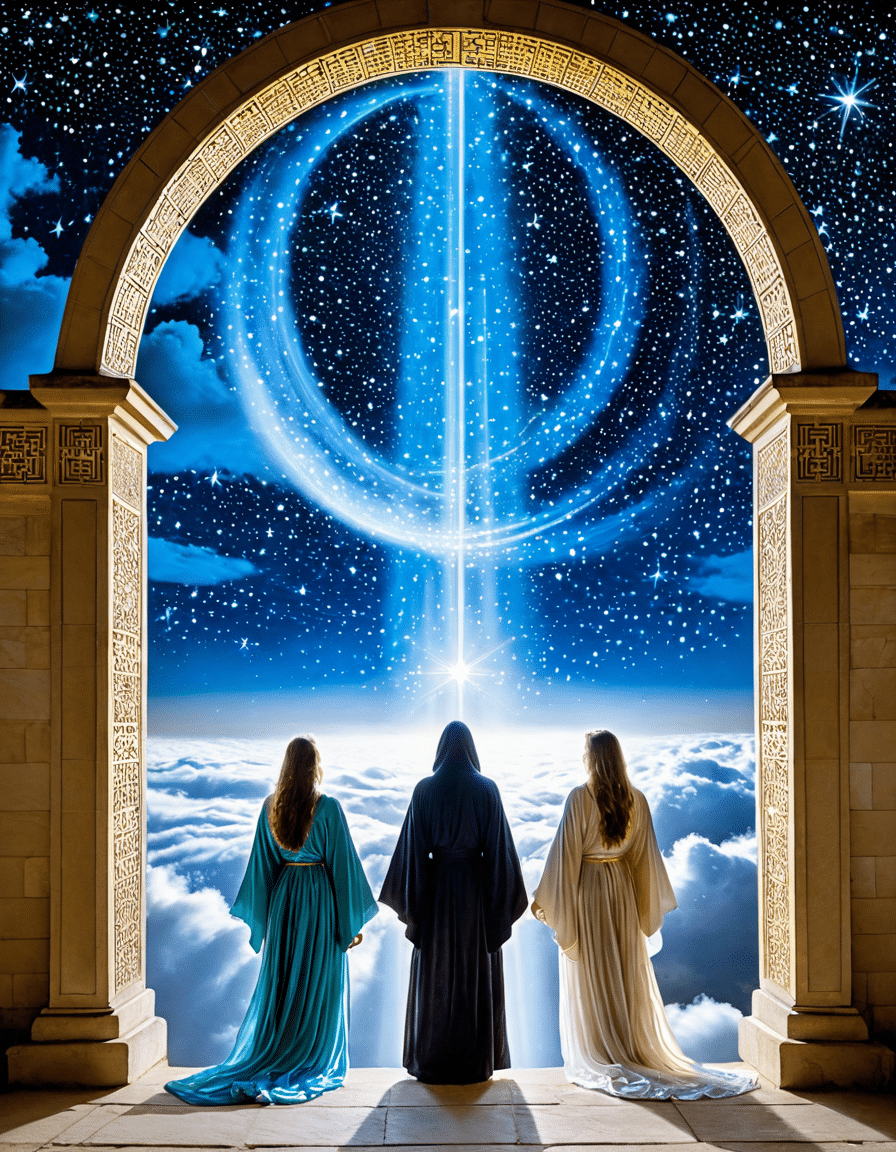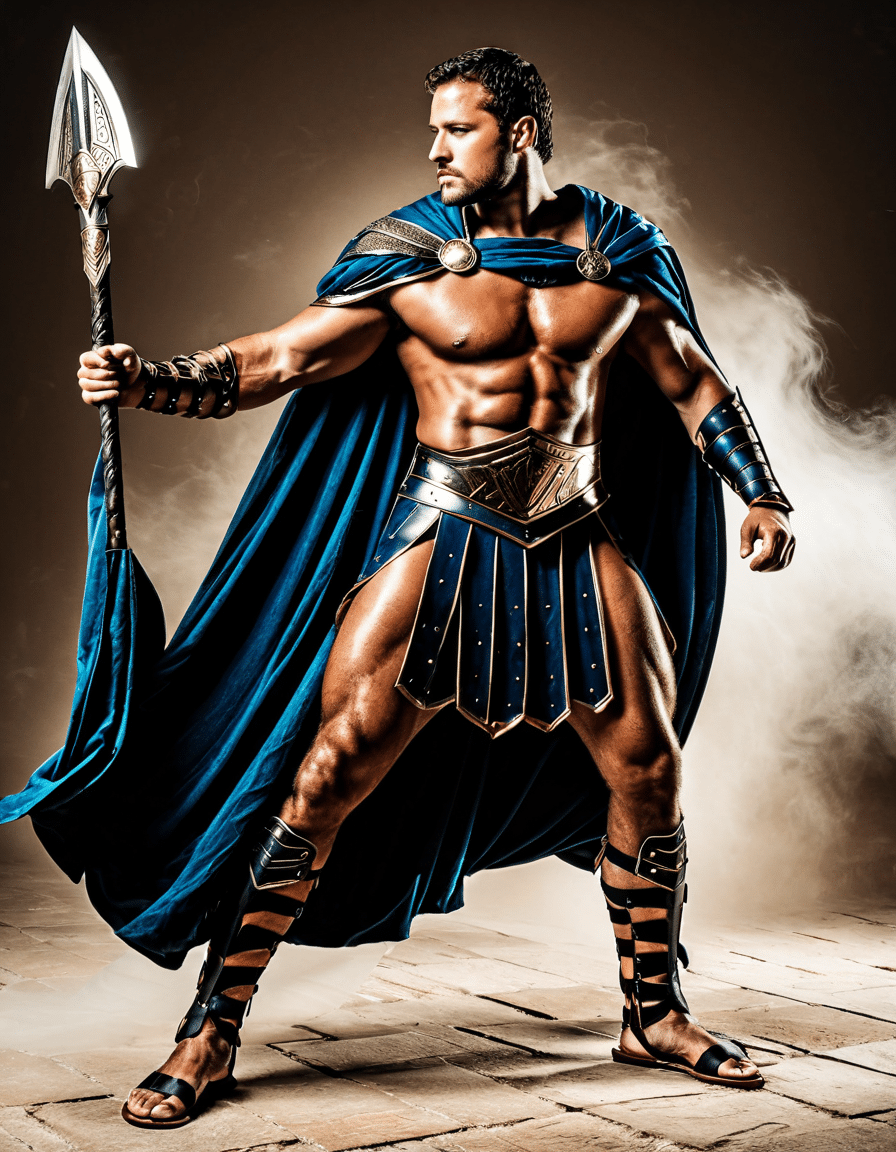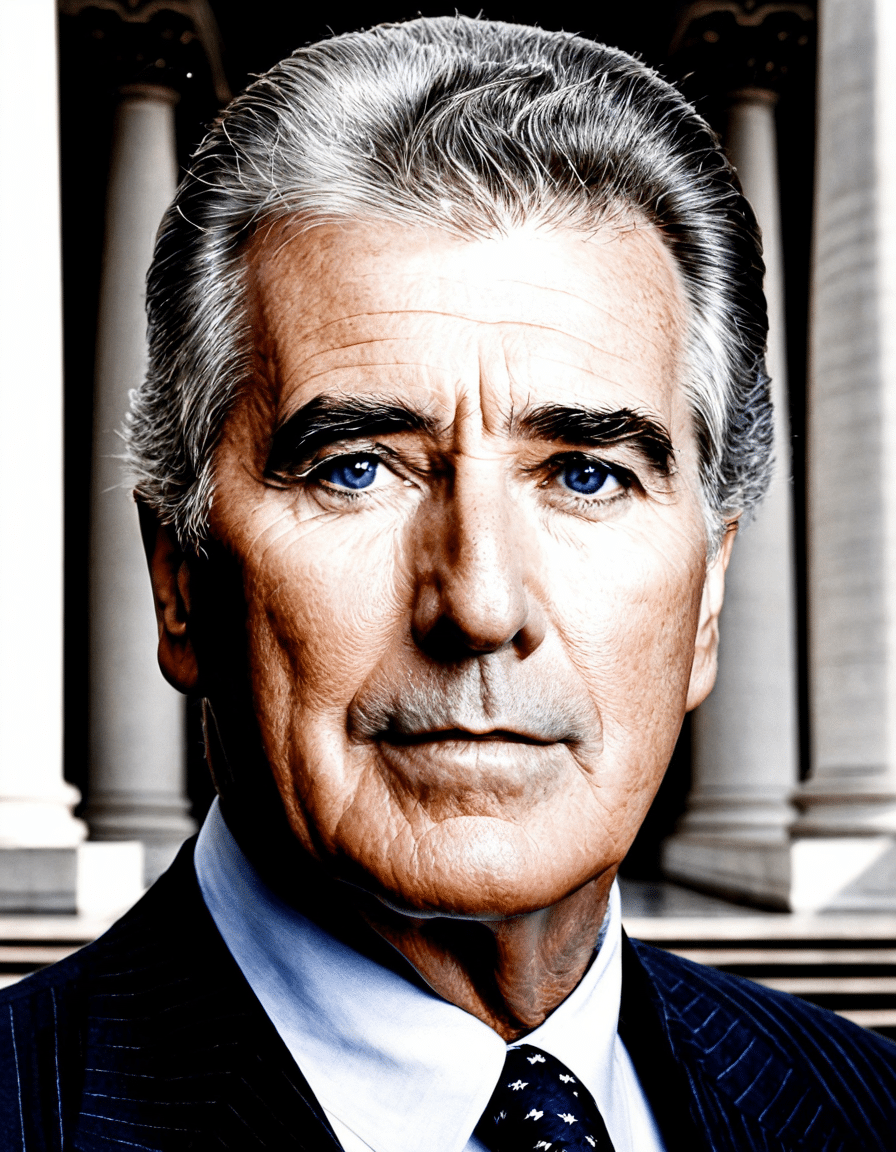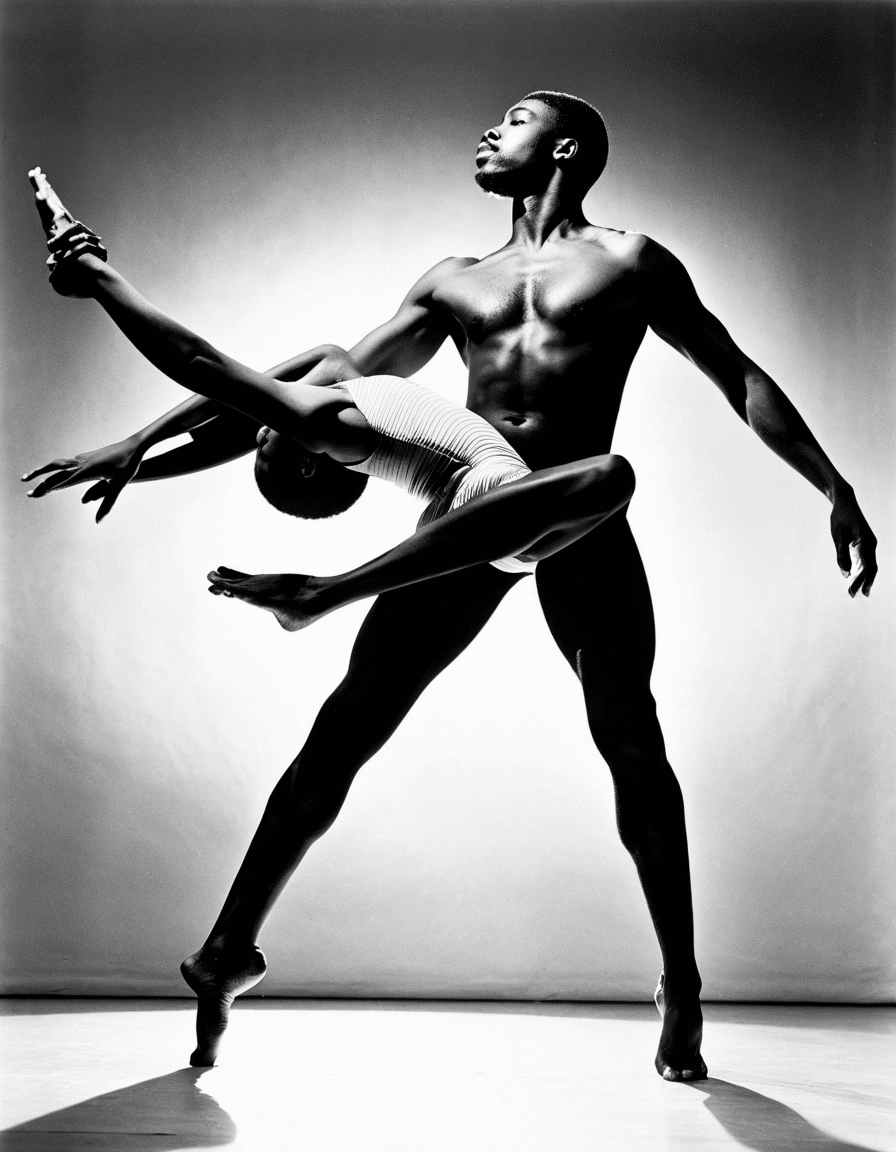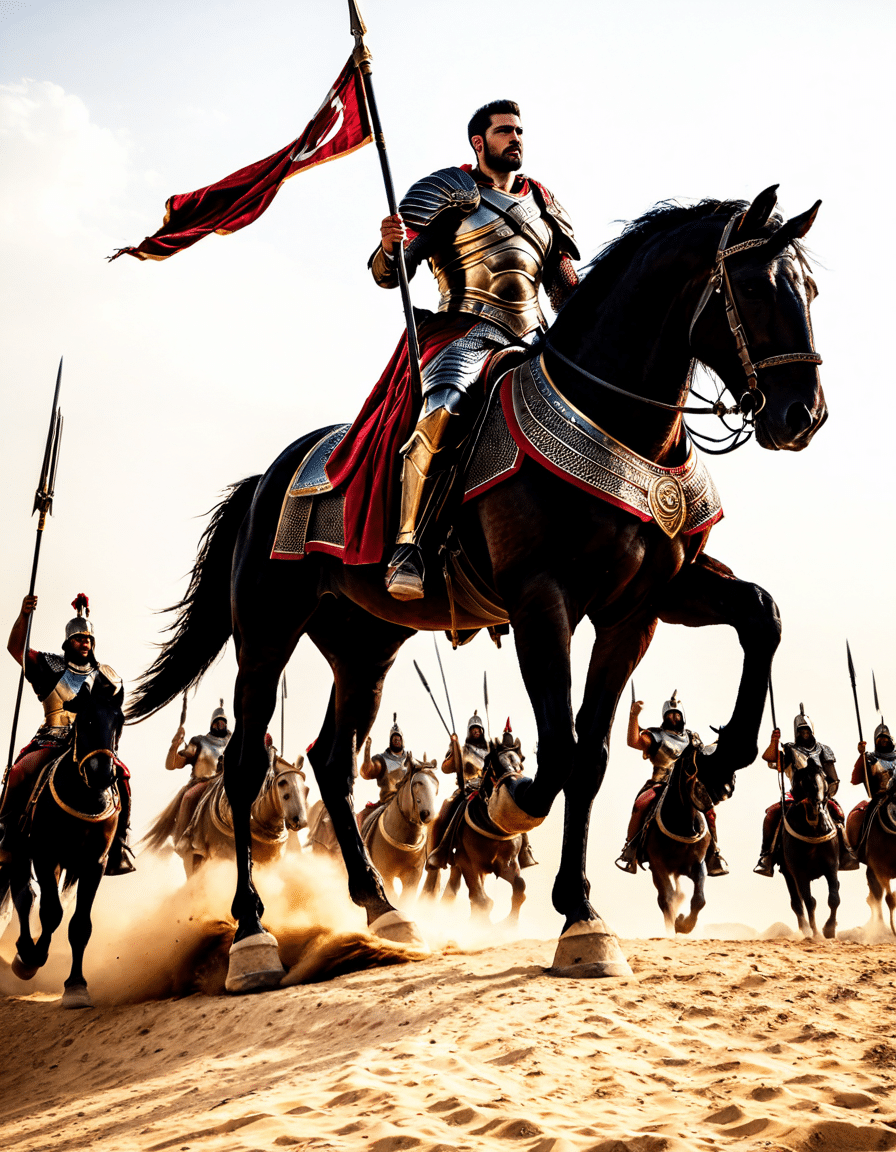Japanese feudal history is a fascinating tapestry woven with tales of valor, strategy, and intricate political maneuvering. At the center of this tapestry stands the shogun—the military leader of Japan whose influence transcended mere battlefield exploits. These commanding figures reshaped not just the military landscape but also the cultural and social structures of their time. This article dives deeply into the captivating lives and enduring legacies of the shogun masterminds behind Japan’s legendary warriors, illuminating their tactics, decisions, and the lasting significance of their rule.
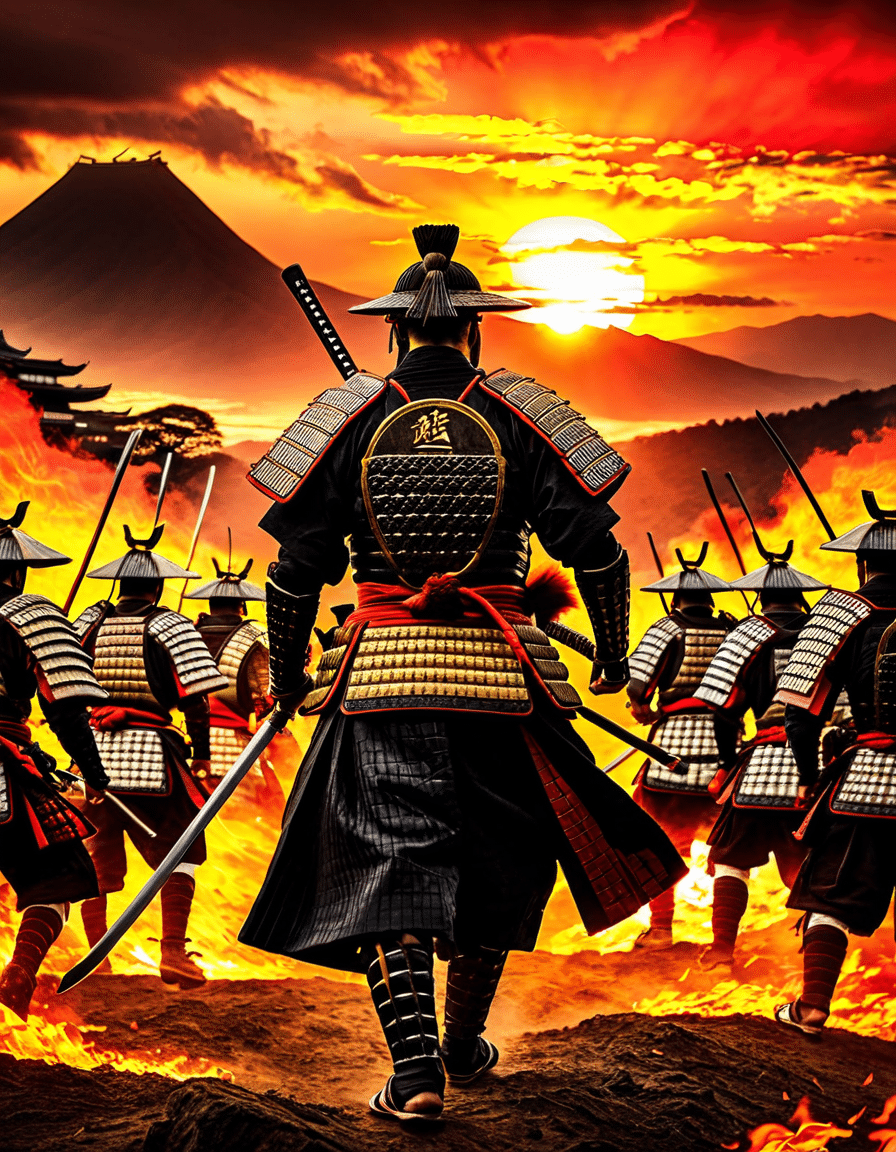
Top 5 Shogun Characters That Defined an Era
1. Minamoto no Yoritomo (1147-1199)
Let’s kick things off with Minamoto no Yoritomo, the first shogun who opened the gates to the Kamakura shogunate. Yoritomo was no ordinary warrior; he was a master strategist. He understood the art of military alliances and wielded marriages like a deft hand at a fashionable soirée, securing power and crafting a formidable network amongst the samurai clans. His diplomatic savvy paved the way for a feudal structure that governed Japan for centuries. His legacy whispers through history, reminding us that true power often lies in unity.
2. Ashikaga Takauji (1305-1358)
Move over, runway shows; Ashikaga Takauji had his own flair for the dramatic. The founder of the Ashikaga shogunate, Takauji orchestrated a dramatic shift during the Genko War, showcasing an uncanny ability to adapt his loyalties. His reign, known as the Muromachi period, was a fertile ground for cultural blossoming. Noh theatre took center stage, accompanied by stunning Japanese ink paintings, intertwining Takauji’s military success with a rich artistic legacy. Can you feel the cultural shift? Because he was not just about swordplay; he knew that art could be as powerful as arms.
3. Oda Nobunaga (1534-1582)
Now, hold onto your hats! Oda Nobunaga wasn’t just any leader; he revolutionized warfare with his innovative use of gunpowder. Known for his ruthless ambition during the Sengoku period, he played a vital role in unifying Japan. Think of him as the fashion designer of warfare, setting trends that would shape the future. His character has infiltrated pop culture, immortalized in beloved franchises like “Samurai Warriors.” Nobunaga’s enduring appeal reminds us of the elegance intertwined with a fierce will—a true shogun character for the ages.
4. Toyotomi Hideyoshi (1537-1598)
From foot soldier to a titan of history, Toyotomi Hideyoshi’s ascent is nothing short of remarkable. Rising through the ranks under Nobunaga, he redefined land ownership with innovative taxation and historical land redistribution. This wasn’t just governance; it was a masterclass in power dynamics. His portrayal in dramas like “Taiga” shows how ambition and tenacity can reshape a nation’s destiny. With Hideyoshi, the story highlights that greatness often springs from humble beginnings.
5. Tokugawa Ieyasu (1543-1616)
Last but certainly not least, enter Tokugawa Ieyasu, the mastermind of the Tokugawa shogunate. Winning the pivotal Battle of Sekigahara wasn’t just a victory; it was a declaration of stability that echoed through 250 years of his family’s rule. Ieyasu transformed Japan with administrative reforms that emphasized peace, allowing culture to flourish—think literature and the refined art of the tea ceremony. His strategic mind isn’t just a subject for textbooks; it has inspired Netflix series like “Samurai Revolution,” sparking renewed interest in his incredible legacy.
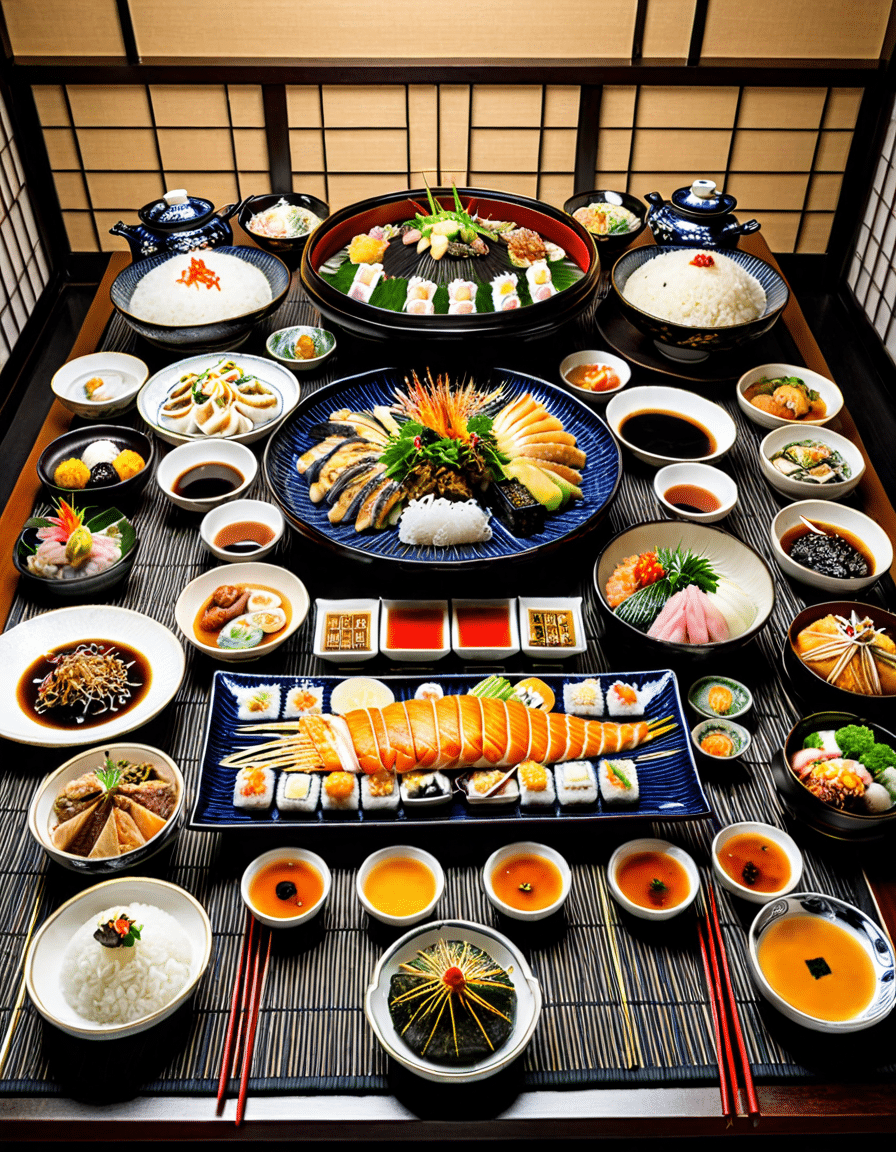
The Shogun Show: Their Lives as a Celebration of Strategy and Leadership
The shogunate’s far-reaching influence doesn’t stop at the battlefield. These shogun characters now grace our screens, inspiring video games like “Total War: Shogun” and gripping miniseries such as “Shogun.” Why does this legacy endure? It resonates with audiences because of stories steeped in intrigue, ambition, and the human experience of leadership. When we dive into their tales, we uncover the complexities faced by these leaders, their heartbreaks, and triumphs.
Innovative Tactics and Cultural Legacies
These shogun characters were not merely warriors; they were cultural curators. Hideyoshi’s passion for the arts, exemplified in his court life, reveals a nuanced understanding of societal needs. His investment in cultural pursuits fostered a legacy that combined governance with creativity. Moreover, the military techniques crafted under their regimes continue to influence martial artists today, reminding us that what was once forged in battle still echoes in contemporary practices.
Modern Reflections: Shoguns in Contemporary Perspectives
Fast forward to modern Japan, and you’ll find that the echoes of the shogunate still resonate. Historical sites lure tourists, while literature and popular media keep their stories alive. Younger generations are captivated by shogun-themed video games and manga, embodying a fascination with this era. The allure lies in exploring history’s intersection with leadership and governance—a delightful adventure that piques curiosity.
A Legacy Beyond Time
The shoguns of Japan were not just figures of power but visionary leaders who crafted the nation’s trajectory through strategic prowess, cultural patronage, and political savvy. As we explore their stories, we find layers of complexity—battles fought, alliances negotiated, and cultures celebrated. The narrative of the shogun transcends time, inviting us to reflect on the qualities that exemplify inspired leadership amid chaos. Let their legacies inspire us, as the rhythms of history continue to inform our present and future. As we don our own armor—figuratively speaking, of course—let’s embrace those attributes which foster resilience and creativity in our modern lives.
In a world ever-eager for leadership lessons, perhaps we should channel the wisdom of the shoguns—a blend of strength, vision, and a touch of artistry. Much like a well-tailored outfit, the right balance can make all the difference. Whether you’re conquering challenges at work or navigating your own personal battles, the spirit of the shogun remains a beacon of inspiration.
Shogun: The Masterminds of Japan’s Legendary Warriors
The Origins of the Shogun Title
The title of ‘shogun’ originated during the Heian period (794-1185) and translates to “general”. Initially, it was awarded to military commanders for their successes on the battlefield. However, as the tumultuous nature of Japan’s feudal era unfolded, the shogun evolved into a powerful political figure, often overshadowing the emperor. This transformation is reminiscent of legends like the Taylor Swift cruel summer — filled with high stakes and dramatic moments, where power dynamics frequently shifted.
Interestingly, during the Kamakura period (1185-1333), the first shogunate was established by Minamoto no Yoritomo, marking a new chapter in Japanese governance. The shogunate laid out governance principles akin to a blueprint for a new era, managing everything from land distribution to martial law. Just like how Americas Got talent showcases remarkable skills and talents, the shogun had to display unmatched prowess in both warfare and political strategy to maintain this newfound authority.
The Role of the Shogun in Feudal Japan
Shoguns wielded remarkable influence over the samurai classes and governed vast territories. They executed laws and oversaw military operations, akin to a CEO handling complex business challenges. Think of how tracy morgan car accident dramatically altered Morgan’s life and career; the power of a shogun often determined the fate of clans and regions, leading to conflicts that shaped Japan’s history. These leaders frequently garnered loyalty through a combination of skill and fear, ensuring that peace was often enforced by the sword.
Moreover, the shogun’s relationship with the emperor was a diplomatic tightrope walk. Emperors were considered divine and vital to the Japanese identity, while shoguns were often the real power brokers. This tug-of-war is reminiscent of the spider man 2004 cast and their alliance in the movie. In a society marked by intricate alliances and betrayals, charisma and cunning were vital for consolidating power.
Legacy of the Shogunate
The legacy of the shogun and their governance can still be felt in modern Japan, echoing like a song that gets stuck in your head. For instance, businesses like peach And lily embody the entrepreneurial spirit that was so characteristic of that era’s warriors who strived to create their own legacies. Additionally, various samurai traditions still survive, informing Japanese culture, etiquette, and even modern-day practices.
While many think of shoguns as just stern military leaders, they were also patrons of art and culture. This blend of violence and creativity is what makes shogunate history so captivating — much like billy west who effortlessly transitioned between comedic genius and voice acting. The shogun’s influence helped to paint an intricate tapestry of Japanese heritage, merging the past and present in a colorful dance reminiscent of a dazzling performance at the Orpheum memphis. Through a symphony of history, power, and artistry, the shogun’s legacy remains a pivotal chapter in Japan’s evolution.
